The goings on in the malting barley sector this year can only be described as a mess. Boortmalt is set to bring in at least €1.35m in revenue to subsidise its rising energy costs by applying a charge of €12.50/t to farmers and suppliers.
This is despite the fact that Boortmalt’s energy requirement is dramatically reduced because farmers harvested grain at record low moisture contents.
It is not known how this energy charge will be applied to businesses who act as agents for grain collection, as these agents supply the dried barley to Boortmalt.
Farmers and suppliers see the move as passing costs down the supply chain, rather than up. This comes at a time when farmers have had to absorb higher prices for all inputs, in particular fertiliser and energy.
In effect, Irish farmers are being targeted with processing charges in an effort to keep prices down at the taps as consumers grapple with inflation.
Boortmalt has recently stated that it wants to purchase low carbon emission barley in an effort to lower the company’s carbon footprint.
This follows Diageo’s announcement of the development of a carbon neutral brewery in Kildare, commenting that it was committed to sustainability from “grain to glass”.
However, rather than being rewarded for supplying low moisture grain, which requires less energy/carbon for drying, this move is encouraging farmers to deliver at the higher end of moistures where they will have higher weighbridge weights.
Sustainability
This proposal means that farmers will suffer a double hit through lower weighbridge weights and the new energy charge. Together, these moves are a step in the opposite direction to increased farm sustainability.
The move also comes at a time when legally binding targets have been set for greenhouse gas emissions in this country.
However, instead of being incentivised to cut grain at lower moistures, which will require less energy for drying, grain farmers will fail to see any low moisture bonus in their final price this year.
Sustainability objectives for farmers and the industry are particularly onerous when the specifications now demanded are not clearly stated in advance of the growing season.
The Irish Farmers Journal asked for harvest quality specifications from Boortmalt on 10 February and again on 4 July, when the company replied “no comment”.
However, the protein specifications have changed and specific weights have been introduced as a basic requirement since 2021.
A derogation, which was there to allow farmers to send barley for either distilling or brewing between 8.8% and 9.3% protein, has been removed. If this was allowed to continue, it would have been a substantial benefit to many growers this year. This would significantly improve the sustainability of many small farms.
Surchage
IFA grain committee chairperson, Kieran McEvoy, said the decision by the IFA to agree to the surcharge was not taken lightly.
“We believed it was better to have an agreed outcome with a transparent drying charge rather than having the price link to FOB Creil undermined.”
The Boortmalt harvest price, which is developed from the Free-On-Board Creil French malting barley price, currently stands at €415.44/t. Last week’s contribution to the average price was €358/t.



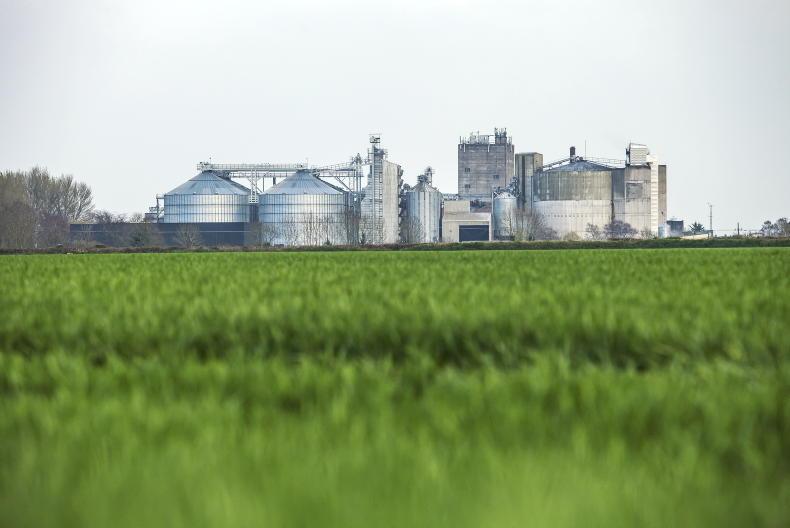

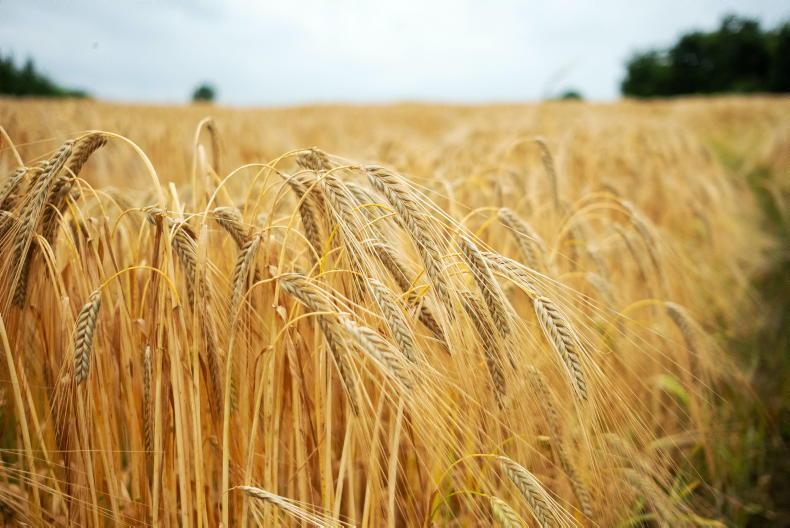
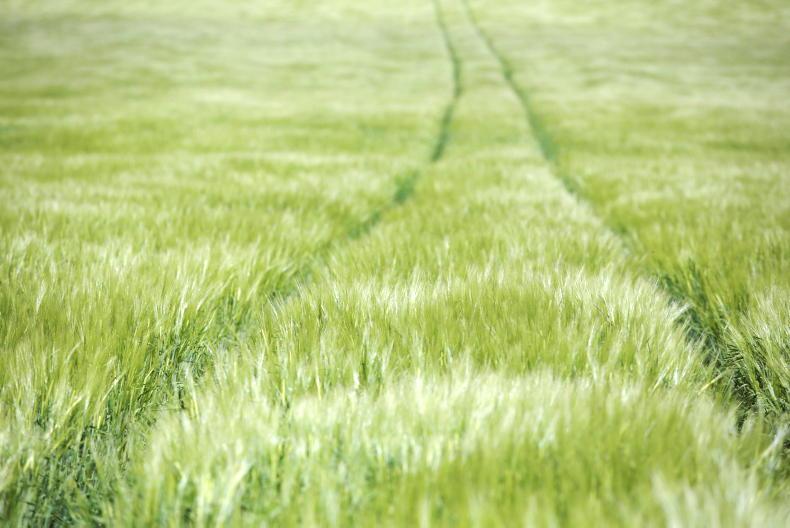
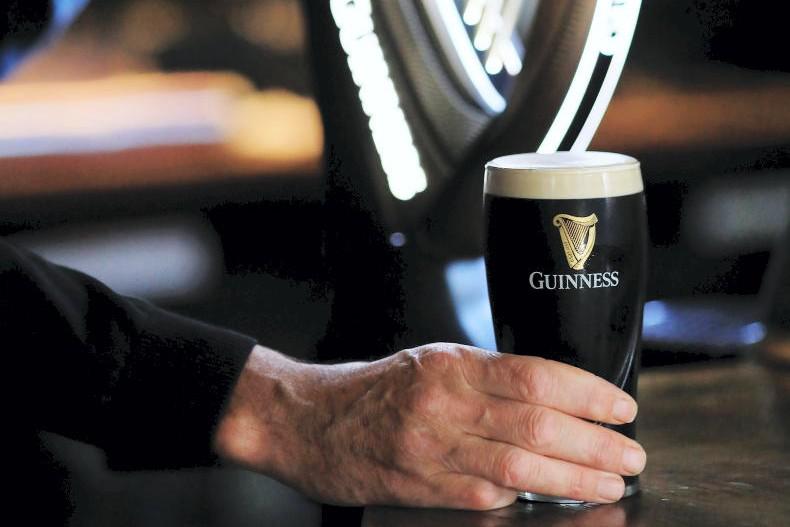
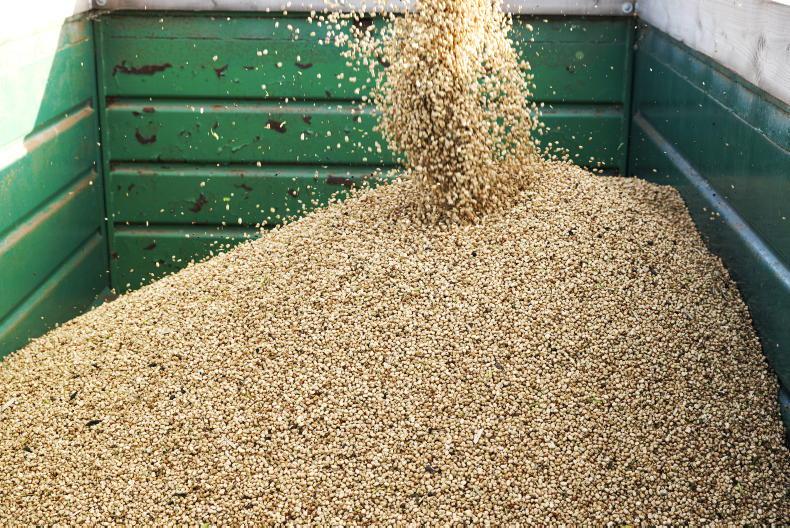
SHARING OPTIONS